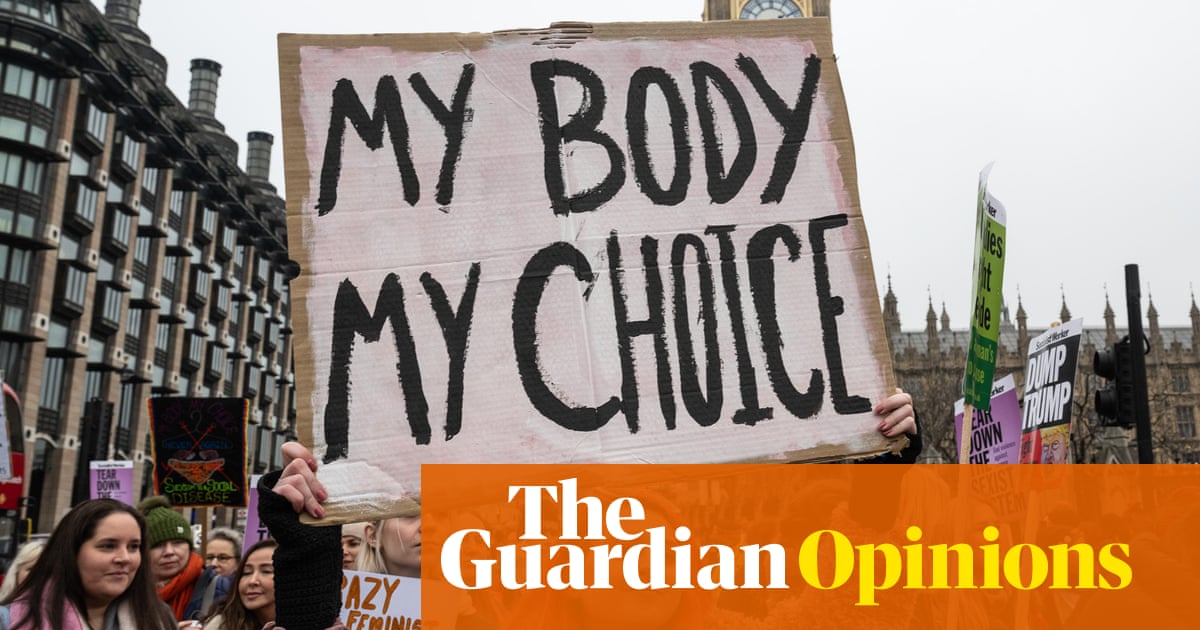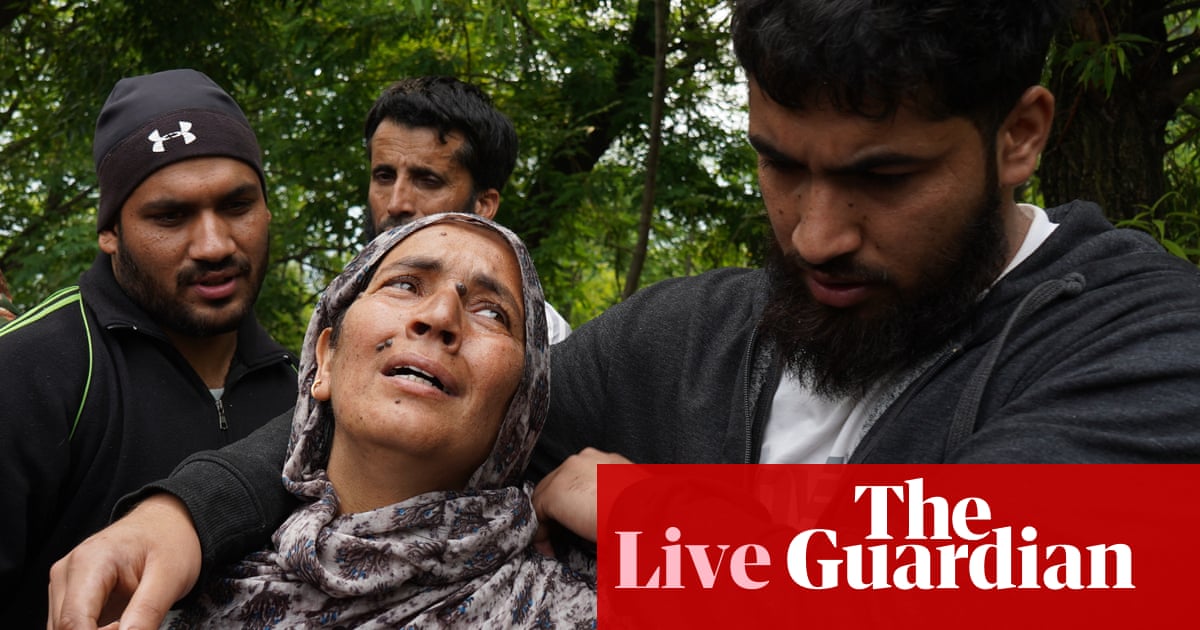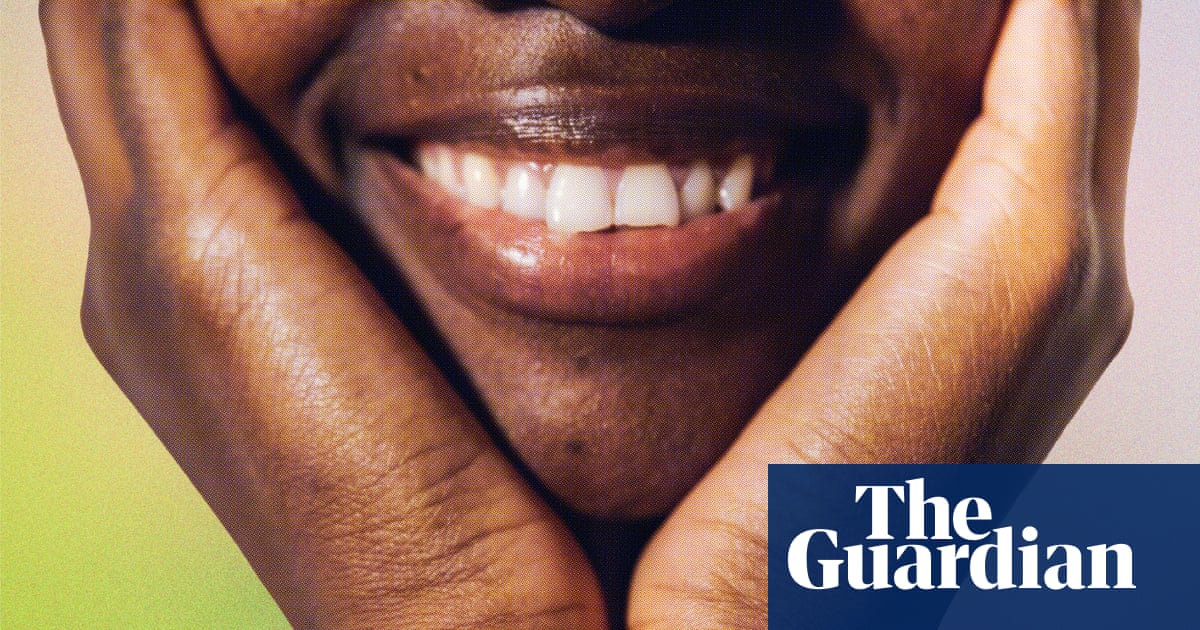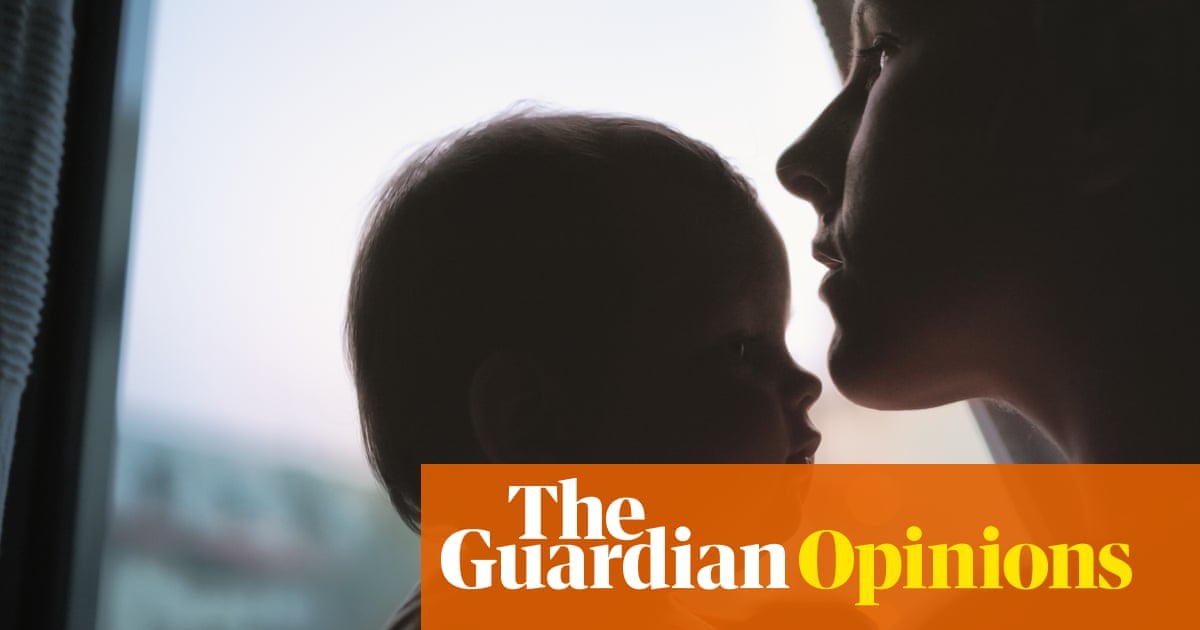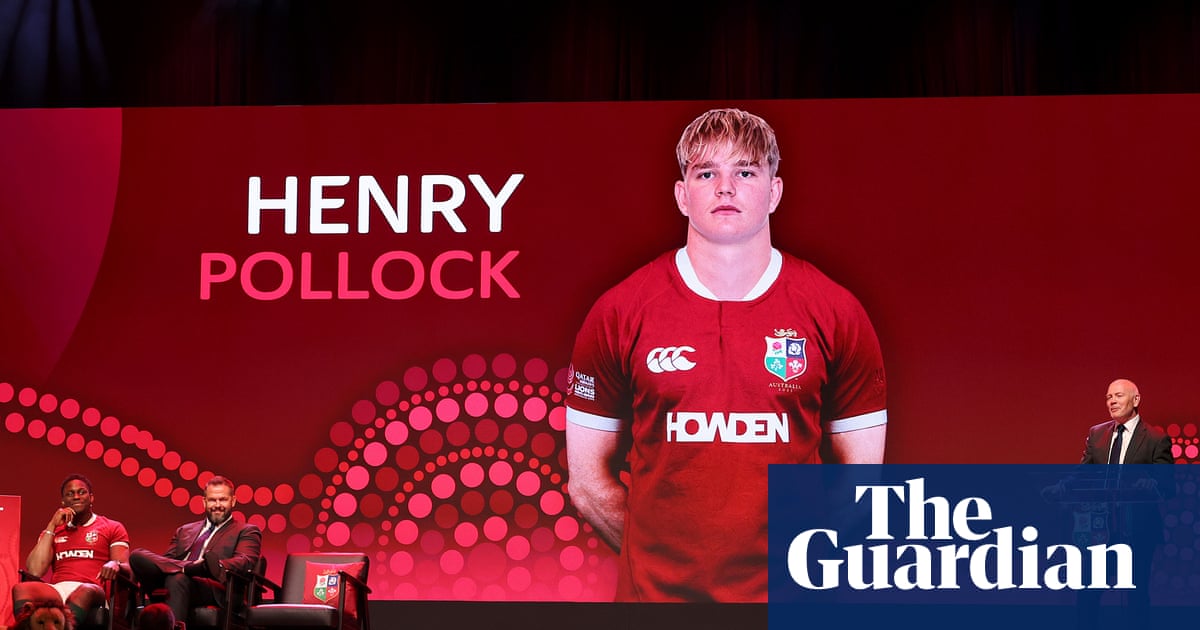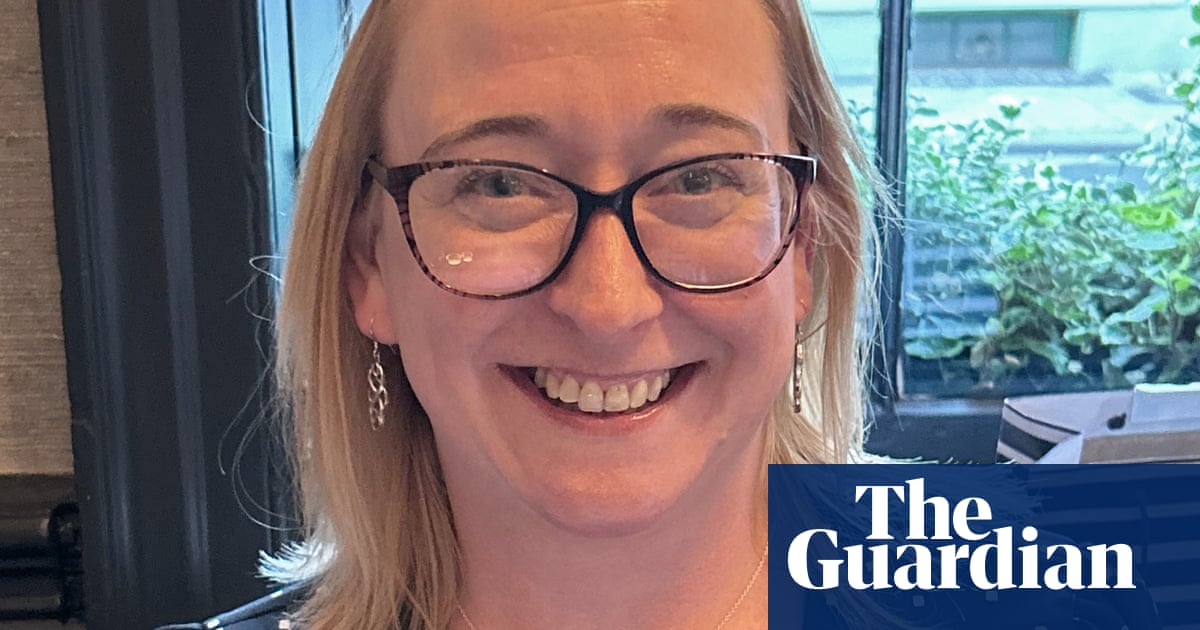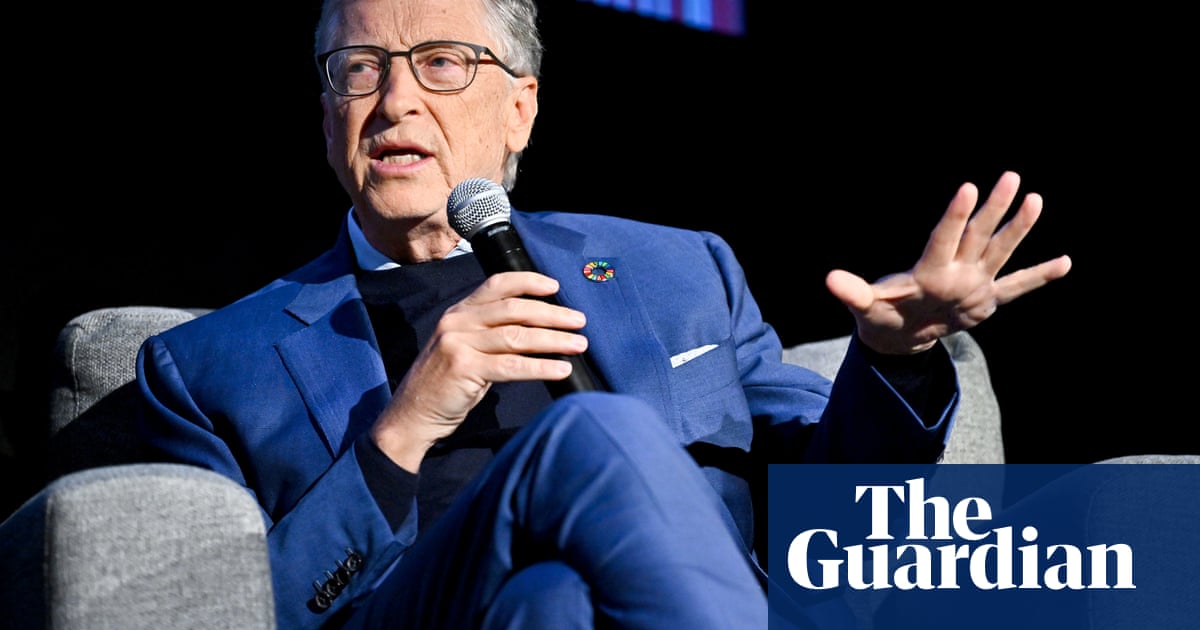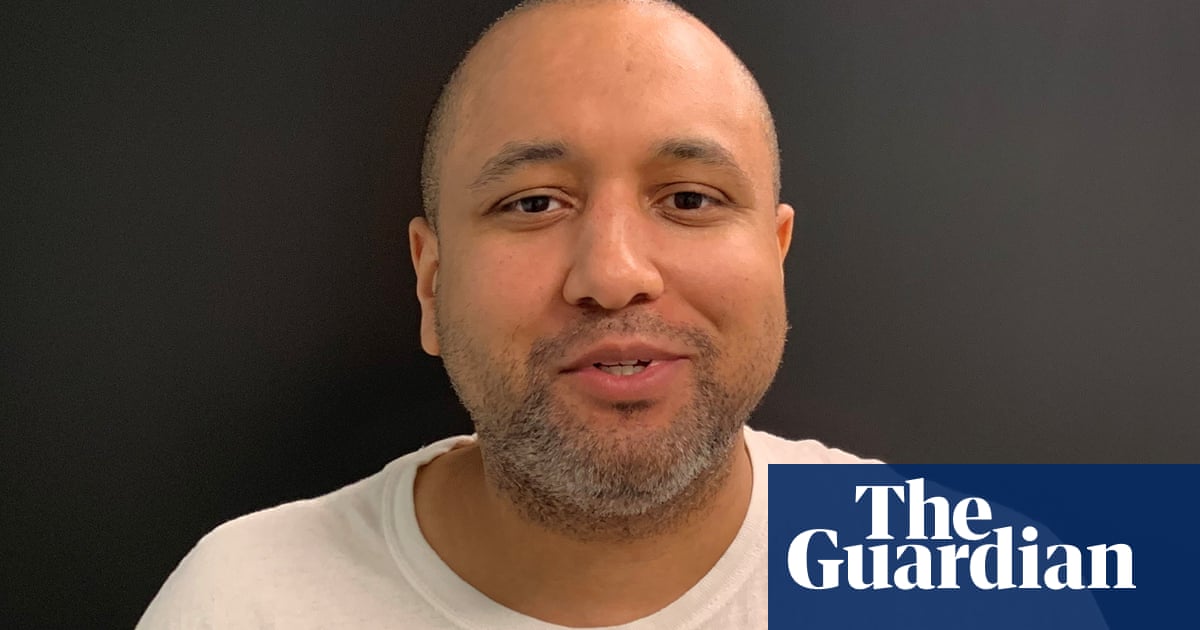She is perhaps the UK’s most prominent war correspondent, broadcasting from the world’s toughest regions, interpreting its most intractable and bloody conflicts. Yet, like many others when the news agenda is so tough, even Lyse Doucet has said she finds herself tempted to turn off.
“I just want to say as a broadcaster that even though I’m on one side of the microphone and you’re on the other, that I too have been turning away from news and listening to Radio 3 instead of Radio 4, because the news is difficult,” said Doucet, the BBC’s chief international correspondent, as she picked up an award last week. “We all think: ‘Oh, it’s so depressing. It’s so gloomy.’”
There have been concerns that the wars in Ukraine and Gaza, as well as the relentless pace of stories coming out of the Trump administration, will fuel “news avoidance”, a phenomenon that appears to combine a long-term decline in seeking out news with the intensity of the current agenda. When BBC News was recently restructured, staff were told by Deborah Turness, its the head of the news broadcaster, that it was partly driven by a need to take on “the growing trend of news avoidance”.
The UK appears to be among the countries most seriously affected. The proportion who say they have a high interest in news has almost halved in the UK over the last decade, from 70% in 2015 to 38% last year, according to the Reuters Institute for the Study of Journalism.
However, despite the difficulty of reporting on difficult world events, Doucet, who has reported extensively from Afghanistan, Ukraine and the Middle East, said it was important for people who had the “gift of living in democratic societies” to “stand for the values that we believe in”.
“It’s an important part of who we are as citizens,” she said. “I would like to believe that the BBC is also part of that as a public broadcaster. It’s the proverbial water cooler that we can all meet together and share our stories, and we can criticise as well.
“We welcome the criticism, but I think in the time when we feel that so much is slipping, literally the ground beneath us is shaking, we all need to stand together for what we believe in and what we hold dear.”
Doucet is not the only big name to speak about finding the news agenda tough. Jonathan Dimbleby also recently talked about how he struggled to discuss current news events such as Gaza with younger generations.
“I always used to be a glass half full as a person,” he told the Beeb Watch podcast. “Whereas increasingly I find myself thinking most things seem to be for the bad, everything I look at. I don’t think it’s just age. I think it’s the environment and circumstances which we live in.
“I’ve got grown up children in their 40s and one just in his 50s. They are already pretty dismayed by what is happening in the world. If you’ve got young children and teenagers who are at the point of A levels and GCSEs, they’re looking outwards and upwards. They’re filled, actually, with a lot of zest for life. You want to encourage that, but you also want to be realistic. So what do I do? I shy away from it all. That’s the truth. I shy away from it.”
He pointed to a recent interview on the BBC’s World at One, in which a doctor in Gaza talked about the horrific injuries of a child from shrapnel. “I can take that, but I recoiled from that,” he said. ”And I wonder how people generally cope with the perpetual horrors that emerge from there, from Ukraine and elsewhere, without just turning away from it because it’s too much to bear.”

 4 hours ago
9
4 hours ago
9
